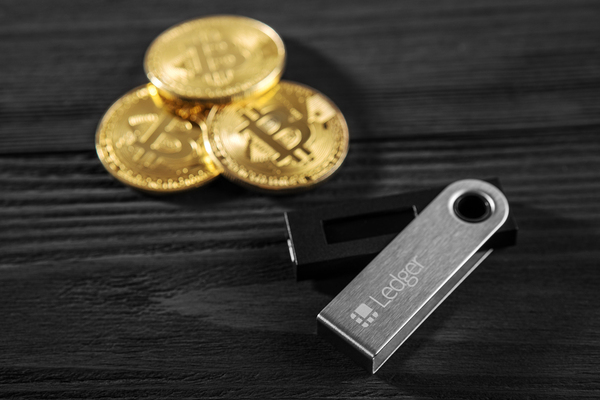
How far will you go to protect your bitcoin investment? The answer might depend on the amount of your holdings. But if you want your money stored in the most secure way possible, then cold storage is a must.
In this guide, we will discuss what bitcoin cold storage is, why it is important, and how it differs from holding your digital assets in “hot” wallets.
What Are Hot and Cold Wallets?
A hot wallet is any digital coin wallet that is connected to the internet. It is easy to set up, access, and use for transactions. However, the fact that it is online incurs inherent risks including cyber theft, malware corruption, and other technical susceptibilities.
A cold wallet refers to any cryptocurrency wallet that is offline. It is generally less accessible compared to a hot wallet, which makes it effective for warding off external threats. As such, storing bitcoin in a cold wallet is considered more secure.
With that being said, not all cold wallets are created equal, as some forms of cold storage have questionable safety attributes.
Why Use Cold Storage?
Bitoin cold storage refers to safeguarding your bitcoin holdings offline, so that hackers cannot get their hands on them.
If you hold large amounts of bitcoin, security should be your top priority. If you’re a trader who is constantly active in the market, you might prefer to keep you assets on exchanges all the time. But, by and large, cold storage is a must for individuals with substantial bitcoin holdings.
This should not deter you from using hot wallets either. They are just as important, since you’ll need easily-accessible funds for your daily transactions. Storing funds in both hot and cold wallets allows an investor to have the best of both worlds.
Types of Cold Storage
Commercial Hardware Wallet
A hardware wallet is a wallet specially designed for storing and securing bitcoin and other digital currencies.
Security features include:
- A seed phrase that allows you to recover funds in case the wallet gets lost, stolen, or damaged
- A protective storage that prevents private keys from leaving the device unencrypted
- An immunity to computer viruses
Through the years, hardware wallets have kept a solid track record in the midst of all the hacks and theft that occurred in the digital coin industry. They are the most secure form of cold storage for bitcoin today.
The only downside to a commercial hardware wallet is its price, which ranges from $60-$200 depending on the brand and model. These gadgets might be expensive for some individuals, but for most serious investors, they are a small price to pay for security.

Trezor, Keepkey, and Ledger are the popular hardware wallets in the market today.
USB Drive Wallet
As the name suggests, a USB drive wallet is a bitcoin wallet stored in a USB drive. For added security, a bootable USB should be created using a privacy-focused operating system like Tails or Ubuntu. This prevents wallet data from being copied elsewhere, and makes it less susceptible to malware.
This process also requires the installation of a secure software wallet like Electrum.
A USB drive wallet may not be as secure as a commercial hardware wallet, but it is a lot cheaper. You could get away with spending only $2, although we recommend that you at least invest in a more reliable USB drive.
Physical Bitcoin
Physical bitcoin are literally bitcoin that you can hold in your hand. They work like bearer instruments, which store bitcoin in a novelty item, such as a coin with an engraved bitcoin logo.
Aesthetics aside, physical bitcoin are not the best way to store your funds. They might be secure from cyber threats, but not from physical theft. Additionally, they have no seed phrase, which means you can’t recover them once lost damaged. Like any bearer instrument, the current holder is considered the owner—which might become somebody else if you’ get careless.
Related Articles:
- Best Bitcoin and Cryptocurrency Wallets
- Top Multi-Asset Cryptocurrency Wallets: Which Wallets Can Hold “Your” Coins?
- The Ultimate Resource List for Bitcoin and Cryptocurrency Traders in 2020
To learn more about mining, trading, and investing in bitcoin, subscribe to Bitcoin Market Journal today.

